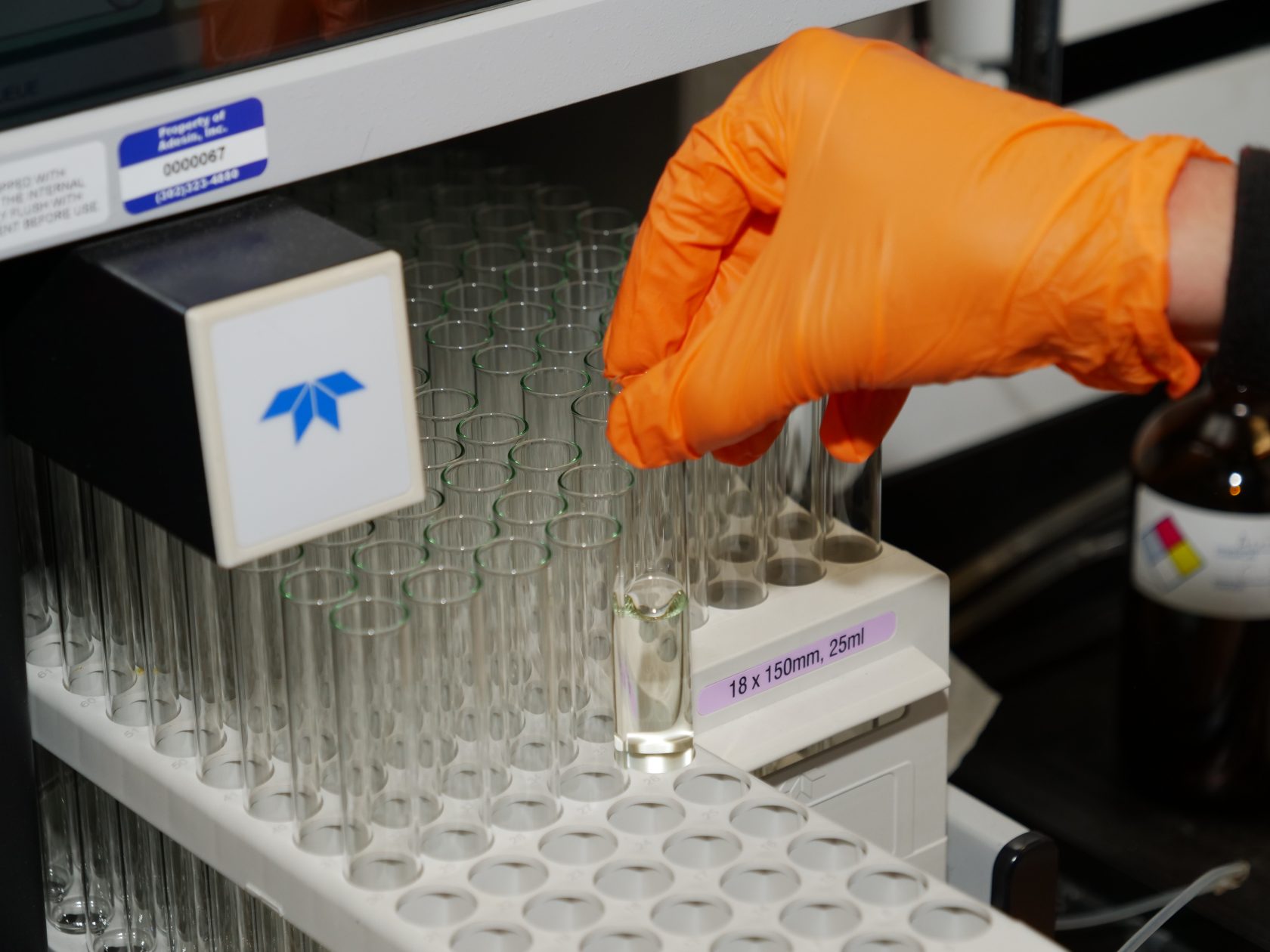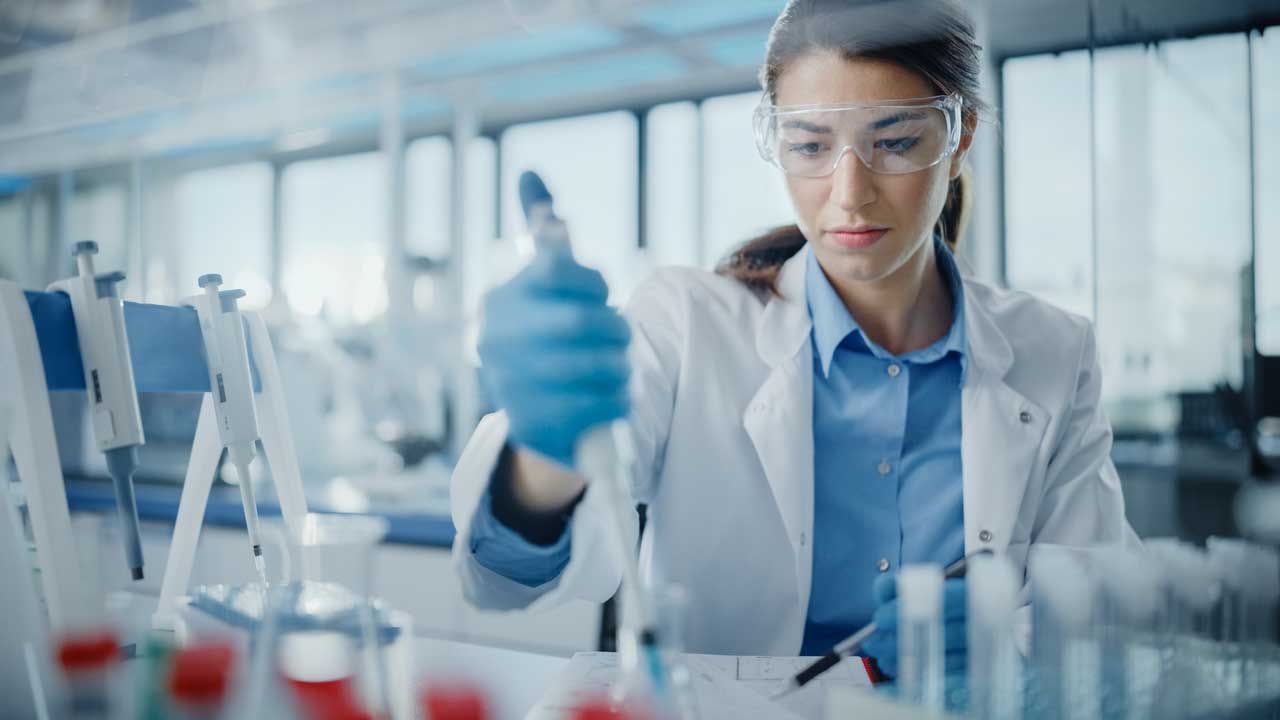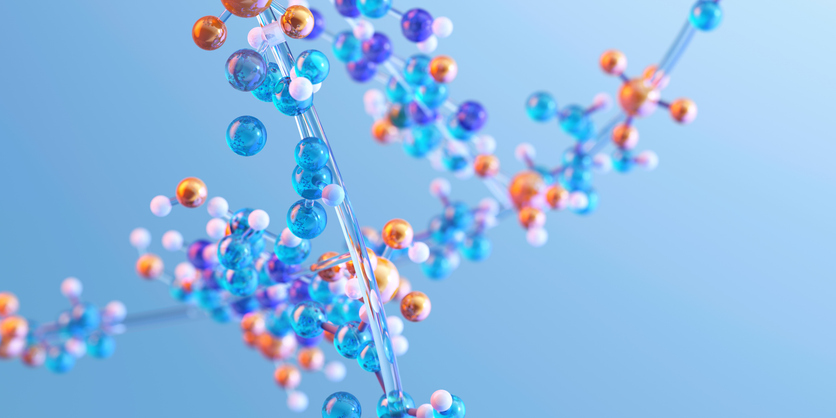
One of the biggest challenges in synthetic chemistry is scaling up small-laboratory syntheses to the manufacturing level … while also producing pure material in a reproducible process.
When a ‘molecule of interest’ is first synthesized in a lab on small scale, a chemist can work tirelessly tweaking reagents, catalysts, solvents, temperatures, concentration, isolation, purification and a variety of other variables until the reaction yields the desired product. As a molecule’s complexity grows, the synthetic challenges do as well. The chemical process is difficult enough when producing a few milligrams or grams but increases exponentially when a synthesis is brought to the manufacturing level!
How to deal with scale-up challenges? Adesis has a team for that.
Our process chemistry group is composed of chemists whose specialties are the considerations and precautions needed to transfer a synthetic route from the small, laboratory bench process level to the multi-kilo or metric ton scale.
When a molecule of interest is first proposed, the initial synthesis to the target often uses any reagents or catalysts or conditions that will result in a molecule of the desired purity. However, there may still be scale-up obstacles due to cost, toxicity, general safety or other unexpected factors. We know a reaction that works well on small scale does not always translate well under scale-up. That’s where our process chemistry group steps in to think critically about the synthesis and convert it to a safe and economical manufacturing process.
For example, here are some of the potential variables they deal with:
- Reagent, catalyst or solvent choice: On small scale it may be economically feasible to use certain reagents, catalysts, and solvents but if hundreds of kilograms of an expensive reagent or catalyst or solvent are required a process chemist may seek alternatives to lower the economic impact of manufacturing. This is also true for safety purposes since some reagents become too toxic or dangerous when used on larger scales.
- Reaction conditions, isolation, and purification: A small-scale reaction that is conducted under harsh conditions, such as very high or low temperatures and pressures, is easier to manage and control than on larger scale. This makes the reaction conditions an integral consideration for process chemists when discerning how to best scale-up a reaction to the manufacturing level. The same is true for isolation and purification. To isolate a small-scale molecule through preparatory HPLC or even traditional chromatography can add an exponential expense when performing those purifications on the manufacturing level.
It is the job of the Adesis process chemist to consider the initial small scale reaction conditions as they carefully tailor the reaction so that the molecule of interest can be brought to the manufacturing level, economically, reproducibly, and safely.
If you have a small-scale synthesis in need of scale-up, the Adesis process chemistry team want to help you reach your manufacturing goals. Contact us!


